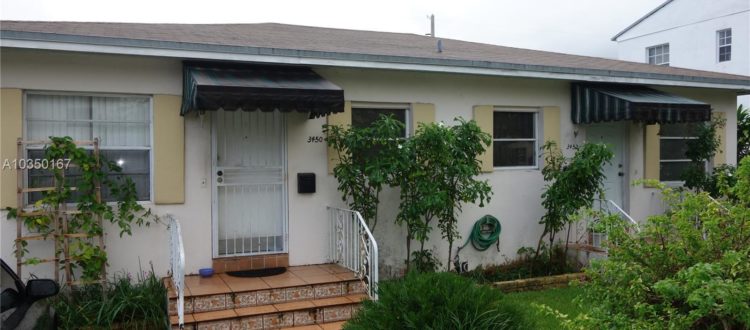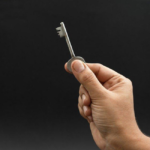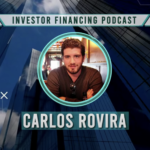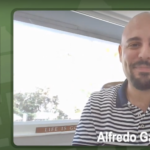The Icing on the Cake: A Case For Appreciation
As an investor seeking financial freedom through passive income, I tend to preach a lot about the importance of cash flow. In all of my investing, I focus more on maximizing cash flow, than I do on purchasing a property for it’s potential to appreciate. In my mind, I will never sell any of my properties. The intention is to hold them forever, and receive consistent monthly income in the form of rents from those properties. This will allow me to create legacy wealth that can be passed down for generations and continue to grow. Therefore, I don’t really care whether my properties appreciate or depreciate because I don’t intend on ever selling.
There comes a point, however, where the “hold forever” approach may not always be the best. If you are lucky enough for your property to appreciate significantly, there comes a point where there is an opportunity cost to holding onto it.
Opportunity cost is defined as the loss of potential gain from other alternatives when one alternative is chosen.
To explain this concept, I will use a real life example of a property that we just sold, where the opportunity cost of continuing to hold it in our portfolio was actually causing us to miss out on potential income. The property was a duplex that we purchased in 2012. Both units consisted of 1 Br / 1 Ba which ended up generating (after we raised rents) $2,200 in total gross rents. We purchased the property for $180,000. We provided a down payment of $80,000 and financed the remaining $100,000. After taxes, insurance, and mortgage expense, we were generating about $950 per month in net operating income.
Cash-On-Cash Return
The way we were calculating our return on this investment was by using the Cash-on-Cash return. This is calculated by taking the total annual net operating income and dividing it by the amount of cash that you as the investor have in the property.
Cash-on-Cash Return = $11,400 (total annual net operating income) / $80,000 (total down payment) = 14.25%
That is an excellent return on investment for any property, especially in Miami, FL. The problem was that this property appreciated in value almost $100,000 in the 5 years that we owned it, and there was not much room to raise rents any further. We had already optimized the property to perform to it’s fullest. Since the property had appreciated, not only did we have the initial equity of $80,000 (the down payment) in the property, but we had an additional $100,000 in appreciated value for a total equity of $180,0000.
Total Equity = $80,000 (down payment) + $100,000 (total appreciation)
Return on Equity
The opportunity cost lay in the fact that this additional $100,000 in equity was not generating any additional income for us given that we had already raised rents. When taking this additional equity into account, we realized that our return on equity was only 6.3%:
Return on Equity = $11,400 (total annual net operating income) / $180,000 (total equity) = 6.3%
This meant that when considering not just our down payment but our total equity in the property, we were only receiving a 6.3% return as opposed to the initial 14.25%. It became evident that we were better off selling this property and reinvesting the proceeds at a higher rate of return in order to receive something better than the 6.3%. We sold it in 2017 for $280,000. We were two partners in this deal. My partner took his share of the proceeds and I took my 50% and did a 1031 Exchange into a new property in order to defer capital gains taxes. I purchased the new property at a 10% cap rate which is 3.7% more than the 6.3% we were receiving on the previous rental.
Conclusion
Appreciation is the icing on the cake. It is never guaranteed. As a passive income investor, my focus is always on maximizing cash flow. In some instances, however, a property will appreciate enough where it becomes less profitable to hold, than to sell and reinvest the proceeds. In these cases, the right thing to do is to trade up the property for something better. If you focus on cash flow, you mitigate your risk against market fluctuations, which is why it is irresponsible to invest solely for appreciation.









